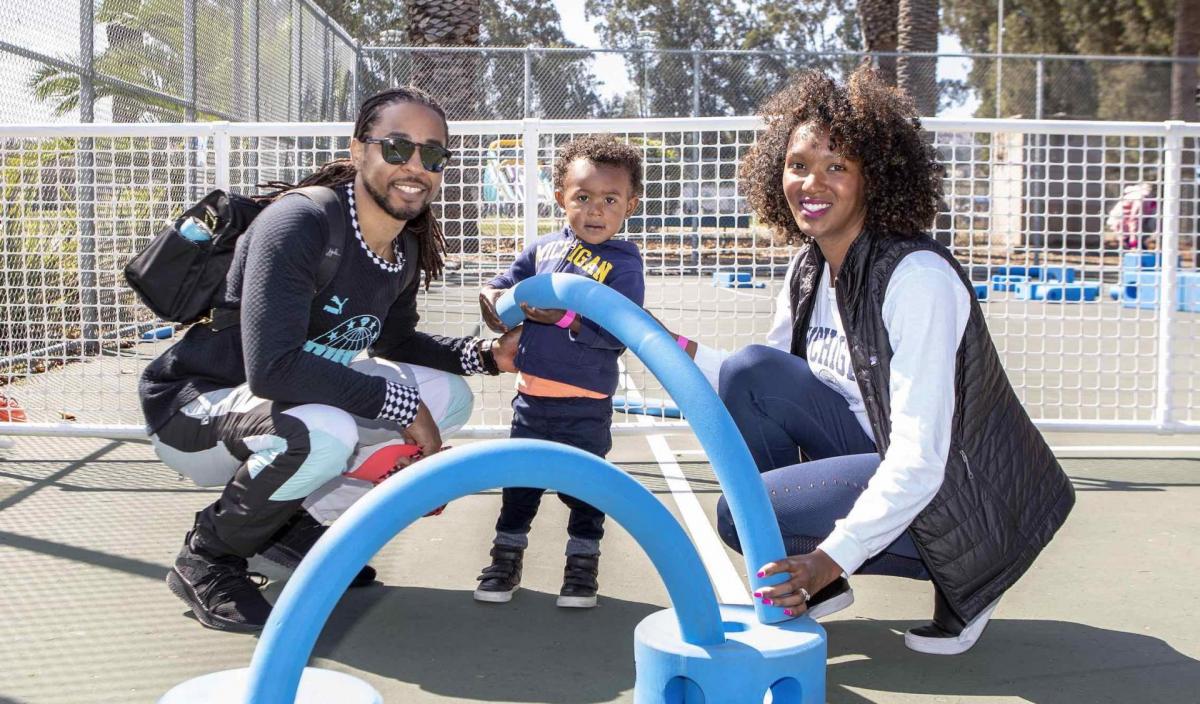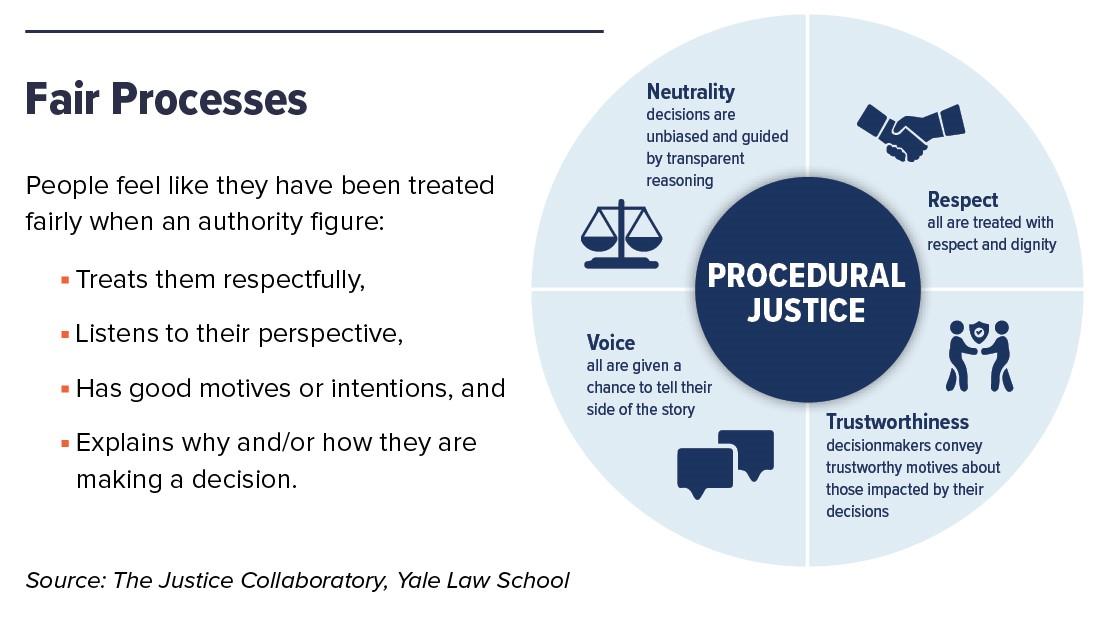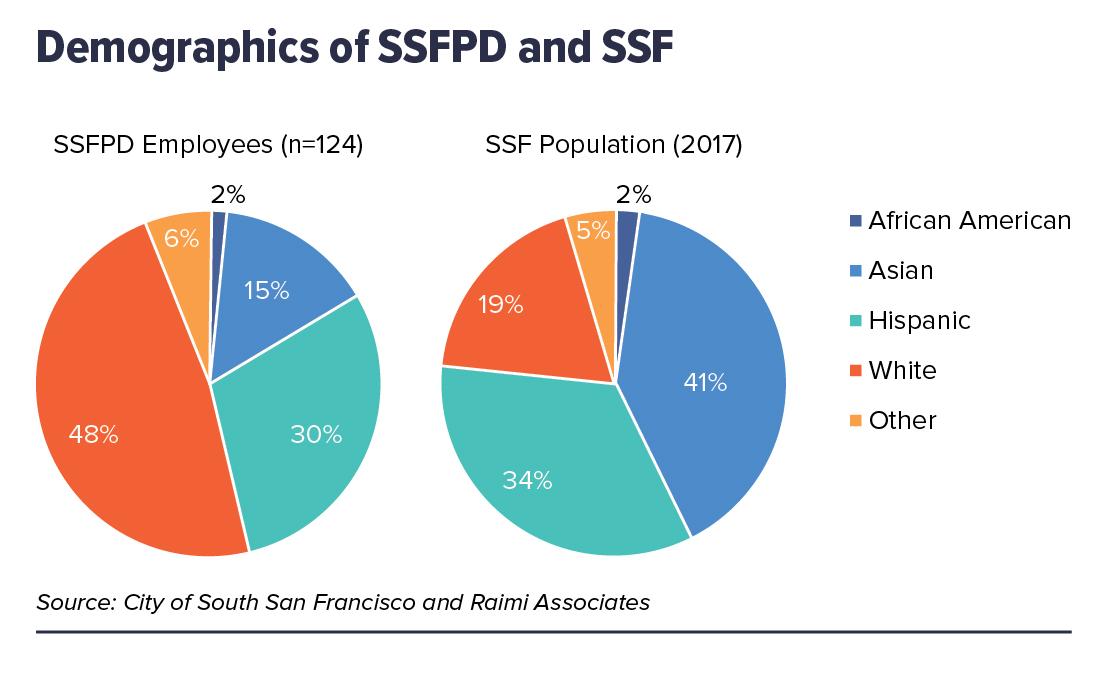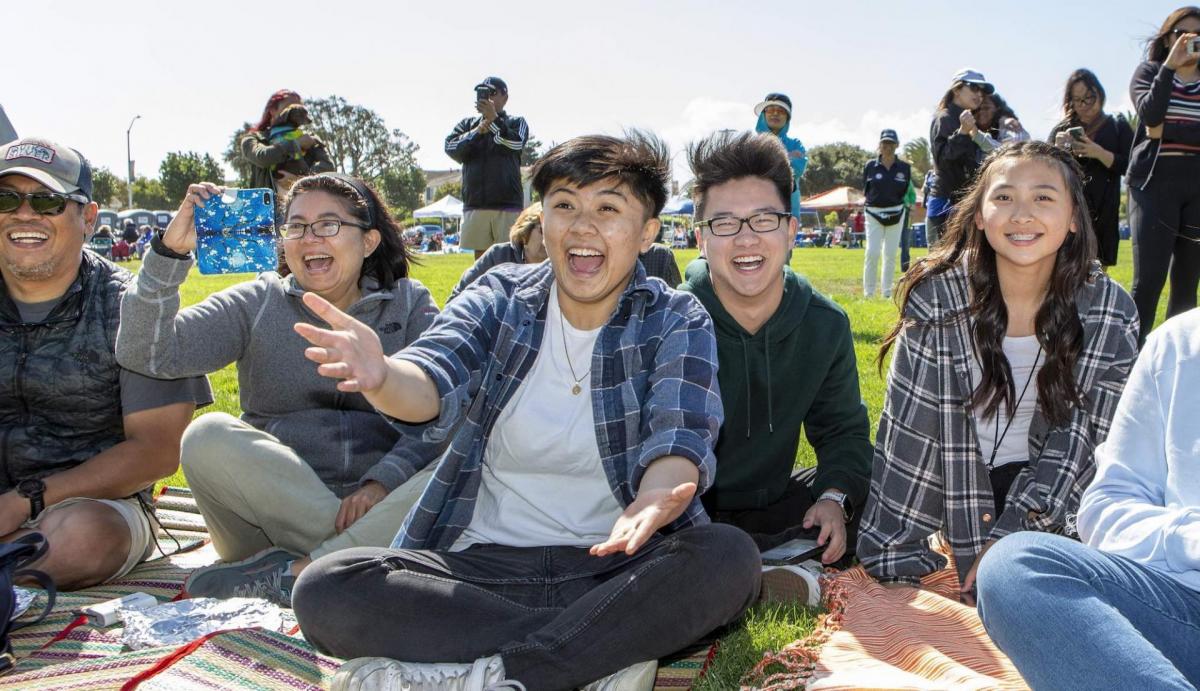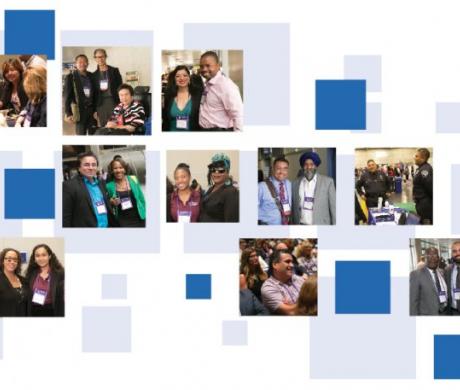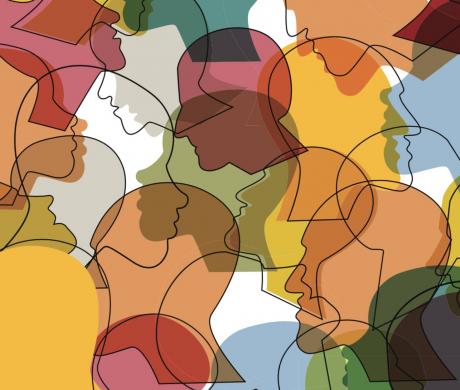South San Francisco Develops Equity Solutions Tailored to the Community
Rich Garbarino is mayor of the City of South San Francisco and can be reached at rich.garbarino@ssf.net.
In June 2020, communities in the City of South San Francisco, throughout California, and across our nation expressed anguish and outrage over the deaths of George Floyd, Ahmaud Arberry, Breonna Taylor, and others, and the injustices prevailing in our society. Their deaths compelled our citizens to demonstrate the grief, trauma, and pain that our Black communities are consistently exposed to — and we must listen.
As elected officials, we have the responsibility to work toward the goals of equality and justice for all in the services we provide to our diverse residents. It’s imperative that we commit to addressing systemic racial bias wherever and whenever we encounter it and provide greater access, transparency, and oversight to build strong trust within our communities.
Mayor’s Commission on Racial and Social Equity
In the City of South San Francisco (pop. 67,879), we are taking action. In July 2020, the city created the South San Francisco Mayor’s Commission on Racial and Social Equity. This effort was launched in partnership with San Mateo County.
We consider our current programs and projects a starting point. Like many cities, we have historically failed to dig deeply enough into the solutions that will meet the needs. We recognize that building on an already flawed system will only guarantee additional flaws, and we are working to eradicate racism at the structural level and combat institutional inequity.
The commission’s mission is to proactively advance equity in the city’s internal and external processes and to recommend policy and program changes to overcome institutional inequities. Specifically, the commission’s objectives include:
- Developing a thorough knowledge of institutional racial and social inequities in the areas of education, policing, health care (including mental health and addiction services), and other social services and identifying the cumulative impacts of institutional and structural inequities as each area relates to South San Francisco.
- Examining police presence and relationships with respect to communities of color in order to build trust.
- Building trust and strengthening partnerships with local community-based organizations, community health organizations and agencies, and social justice organizations.
- Collaborating with community members and other institutions
and partners to develop and offer opportunities
for change related to racial and social inequities. - Exploring and elevating successful models and best practices.
- Submitting to the South San Francisco City Council recommendations for action designed to reduce or eliminate racial and social inequities within the scope of the areas of inquiry, and help the city better serve a diverse community and staff.
We recognize that each of these areas has a direct impact on the others, and there is a need to develop solutions to address each interrelated area of concern.
Inclusion is a vital component of this effort. The commission includes two council members; the city manager; the police chief; representatives from the South San Francisco Unified School District, San Mateo County, the local Coalition of Hope and Action Necessary for Growth and Empowerment South San Francisco (CHANGE SSF), and the Youth Advisory Council; four residents appointed as members at large; and one alternate. This ensures a diverse commission that represents the city’s ethnic and geographic diversity.
Public input is a critically important part of the process, and the commission devotes time to hearing public comments at each meeting after the data and community information are presented. Each meeting also includes a question-and-answer session. The meetings are conducted virtually in accordance with COVID-19 safety protocols. Community members can also provide comments via email as part of the ongoing process.
The Commission’s Work Plan
The Mayor’s Commission on Racial and Social Equity is using a three-phase approach. Phase One (August through October 2020) focused on information gathering, including presentations by regional and national experts, city staff, outside agencies, and the public. The goal was to gain the base knowledge needed to understand the complexities surrounding current conditions and to determine areas where meaningful change is possible.
In Phase Two (November 2020 through January 2021), the commission is focusing on solutions — refining and stress-testing various options, engaging stakeholders, analyzing financial and legal constraints, and collaboratively arriving at a set of draft recommendations for policy and program changes.
During Phase Three (February through July 2021), the commission will refine recommendations, develop implementation plans, and produce a final report, which it will deliver to the South San Francisco City Council by July 15, 2021.
Meetings Explore Specific Areas and Approaches
During Phase One, the commission covered four areas: health and social services, public safety and policing, education, and housing and economic development. Commissioners reviewed data and information to get a clear understanding of the local context for each area and of community needs.
Some of the approaches examined in Phase One included creating a response team for mental health crises, substance use, and homelessness. This team would focus on conflict management and de-escalation and linking people with supportive services.
The commission also launched discussions with San Mateo County to explore a pilot program to embed a mental health professional with the South San Francisco Police Department (SSFPD). This individual would have an office at SSFPD and would work with its Homeless Outreach team and conduct follow-up calls with residents experiencing mental health issues. In addition, the commission looked at developing or expanding programs that use the community navigator, promotores (Spanish-speaking health educators and outreach workers), and/or peer-to-peer models to help community members learn about, connect with, and navigate supportive services.
With respect to public safety and policing, the commission reviewed core SSFPD functions and key data related to racial inequities in South San Francisco.
The commission also reviewed best and promising practices. South San Francisco is committed to adopting a framework that includes recommendations by the “8 Can’t Wait” movement, such as banning chokeholds and strangleholds, de-escalation, exhausting alternatives before shooting, and comprehensive force reporting (see sidebar below).
With respect to education, the commission looked at the local context related to racial inequities, including disparities in academic achievement and suspensions, and discussed approaches to address these inequities.
The commission reviewed current programs that promote equity and address opportunity gaps, such as minimizing documentation required to participate in programs to reduce barriers for immigrant and migrant worker families, and expanded free access to science, technology, engineering, arts and math (STEAM) equipment and programming.
Developing Solutions to Build Equity
For each area — health and social services, public safety and policing, education, and housing and economic development — the commission considers which policies, programs, and practices will reduce racial inequities in South San Francisco and which approaches will reduce structural and/or institutional racism. The commissioners examine ways to increase transparency and accountability, address bias (including implicit bias), build community trust and positive relationships, and expand community-based safety approaches.
Resolution Affirms City’s Commitment to Racial and Social Equity
In addition to supporting the commission’s work, the South San Francisco City Council adopted a resolution on Aug. 27, 2020, that affirms its commitment to equity. The resolution states that city leaders realize the direct and indirect connections of racism and economic disadvantage to public health and education crises. The city council vowed to stand with communities of color, the working class, and all of those disadvantaged by social or physical disability in efforts to reverse the effects of historically unfair policies and practices. The resolution also declares that while statements are important, action is critical.
The Work Requires Courage
Setting out to change systems is not for the faint of heart. Nearly every idea or suggestion will incur both praise and criticism. This challenge is not easy, but it is worth it. It is not realistic to expect our commissioners to solve all problems and correct all systems of injustice, but they can identify and recommend changes that point South San Francisco in the right direction and build short- and long-term solutions.
Glenn Harris, president of the Center for Social Inclusion, said, “Racial equity is about applying justice and a little bit of common sense to a system that’s been out of balance. When a system is out of balance, people of color feel the impacts most acutely, but to be clear, an imbalanced system makes all of us pay.”
Common sense has not always dominated our practices or guided our principles as a nation. But now is the time to work toward our ideals and find systemic solutions. Reform doesn’t happen overnight, and we don’t have all the answers right now, but as leaders, we will listen, and we will continue to work directly with our communities to create a better, more equitable city, state, and world.
8 Can’t Wait
Created by Campaign Zero, a nonprofit organization that encourages policymakers to focus on solutions with the strongest evidence of effectiveness at reducing police violence, 8 Can’t Wait identifies eight protocols to help improve interactions between police and the community and ensure accountability:
- Ban chokeholds and strangleholds.
- Require de-escalation.
- Require use-of-force continuum.
- Duty to intervene.
- Require comprehensive reporting.
- Exhaust all other means before shooting.
- Require warning before shooting.
- Ban shooting at moving vehicles.
The City of South San Francisco Police Department complies fully with 1–6 and complies with 7–8 except in exceedingly rare cases. Learn more at 8cantwait.org.
Related Resources
The South San Francisco Commission on Racial and Social Equity
Bold Approaches and New Ideas to Solve Old Problems
Long Beach Launches Office of Equity to Engage, Educate, and Serve
Advancing Racial Equity in Local Government
Alisal Vibrancy Plan Addresses Equity Issues in Salinas
Photo Credit: Billy Hustace, courtesy of the City of South San Francisco

